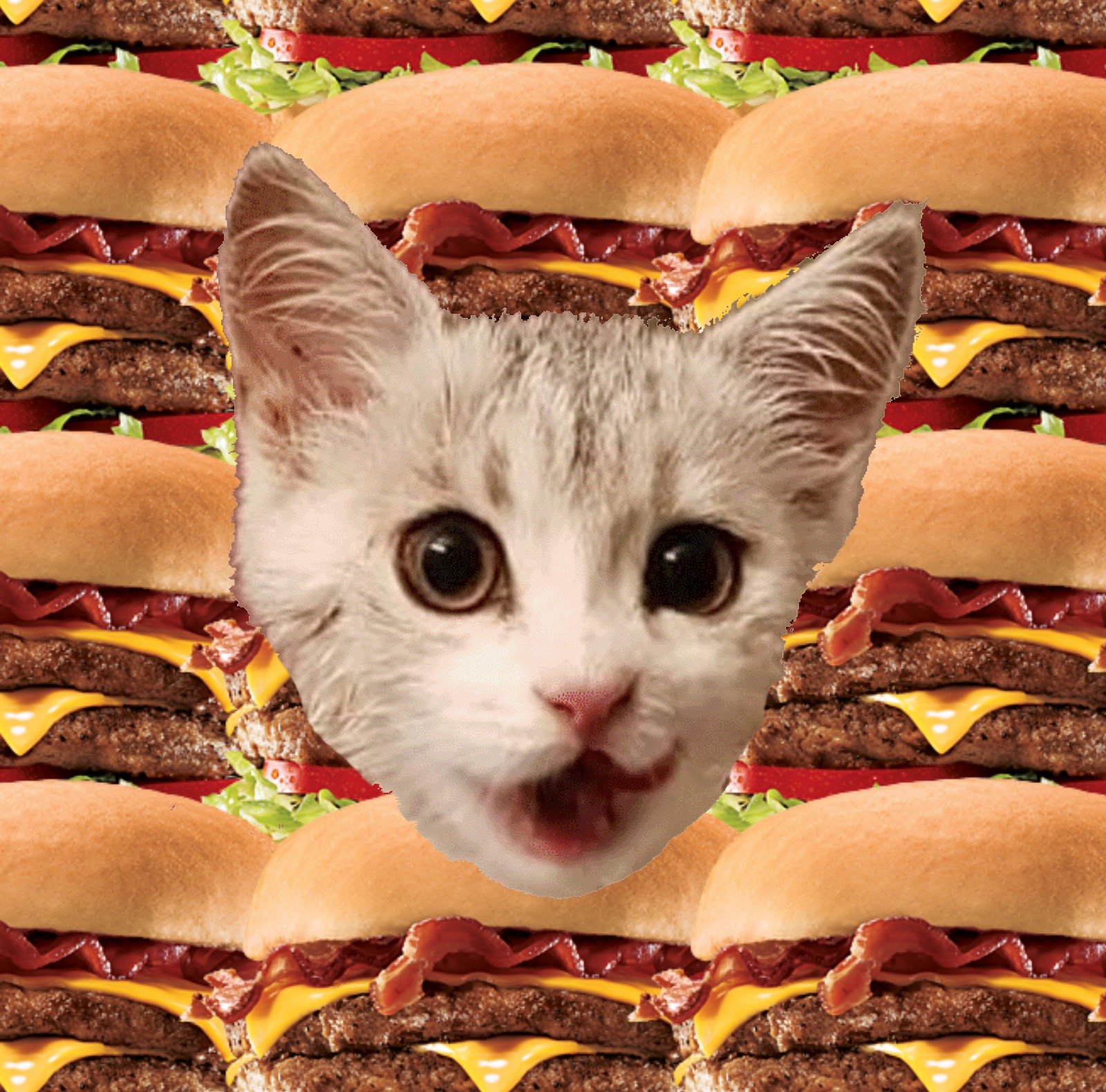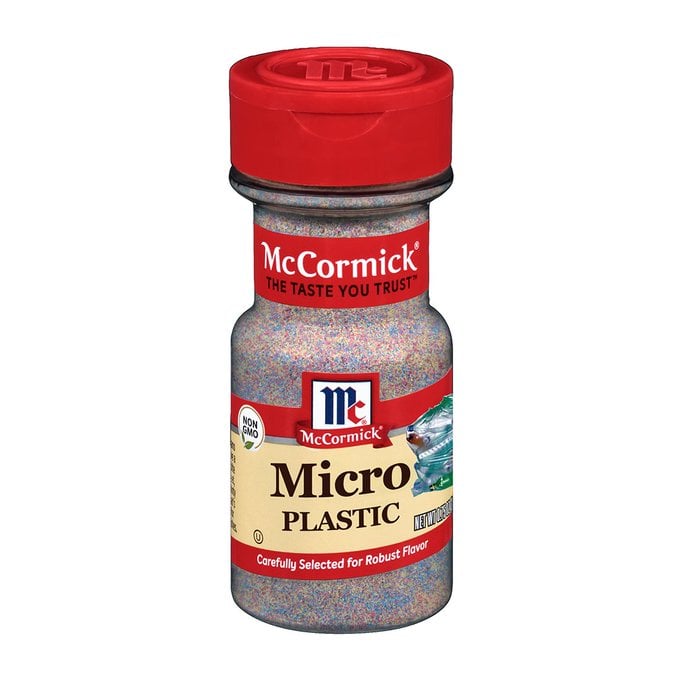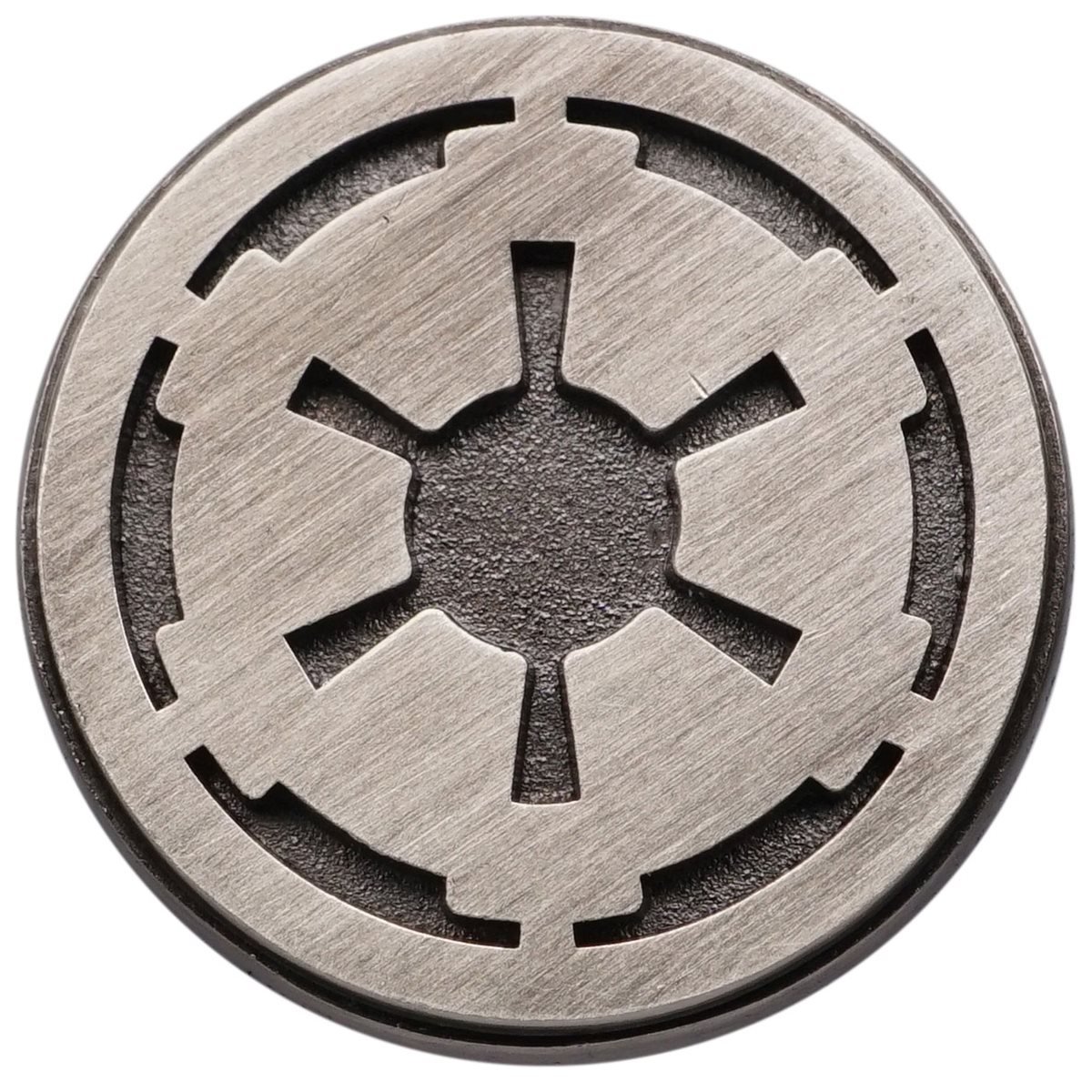In person I mean.
*Sigh. Not charcoal. Real coal.
Yes. Am Welsh. Coal fires are still pretty common in the South Wales valleys. My Grandfather still gets free coal deliveries every other month due to his time working in the pits.
As in part off his pension is free coal for life?
Could ever have a lump sum or coal for life, he picked the coal as the cash payout was around £5000, which would cover the coal cost for about 3 years at the time. He’s been having that for over 30 years at this point, pretty good deal!
What if he picked the lump sum and received a giant lump of coal worth £5000
Omg they’re not phasing it out? jfc
I’ve done some blacksmithing as a hobby. The two most common ways of heating the metal are a gas or a coal forge. The coal forge normally has some sort of forced air coming from the bottom to feed the fire. The coal starts burning real smoky like, but then turns to coke and burns hotter the more air you force through it. Typically you pile some coal around the sides of the fire so it converts to coke then you scoop it into the fire as needed. Also it produces a waste product called clinker that builds up at the bottom of the fire at the tuyere (the nozzle or grate the air is forced through). It’s kind of like stone or metal and it needs to be cleaned out to keep the fire going.
Fun fact for those who don’t know. You can forge metal with a wood fire if you have forced air.
There are also ways to build a clay oven so that it has a natural updraft, giving it that forced air. It’s actually how people used to fire pottery.
Other than that, you can also use charcoal, which burns hotter with forced air.
Also, a hairdryer puts out enough air to forge with *unless you’re running a ribbon burner set-up. But if you are, you likely know that already.
-A fellow hobbyist blacksmith
*Edit to add a word.
Most smithing was done for centuries with charcoal.
Well yeah. It was how we heated our home when I was a kid growing up in England.
Same here
In a steam locomotive, but a scale model one that was ridden on instead of in. It was actually pretty cool; they still hand-stoked the firebox and everything, just… really small.
I rode one of those but it must have been gas or diesel.
Yep. Grew up in a house with a wood stove as the only source of heat, and my parents would occasionally use some coal in it. Dad also had a coal forge for hobby blacksmithing.
Yep, I dabble in blacksmithing.
You get it going -smokey as shit at first-and it melts together into a lighter, more solid piece that burns hotter and cleaner. That’s called coke.
Then you toss your irons in
Where the fires were was around the North and North East of Scotland. Coal man used to come round in a truck, filthy black from the coal, load up the bunkers. I remember it being very messy, sooty, but it was less smokey than the peat fires, though coal didn’t smell as nice. There is something really nice about a real fire, though they’re not clean. I doubt many of any of those houses have now, gas came along and there was a lot of change.
Coal stoves are still sometimes the principal source of heat for rural houses in Eastern Europe. They are slowly being phased out though.
There are apparently a few people here and there who still use it. I remember reading some article about a guy in the US who preferred it.
googles
https://www.npr.org/2019/03/03/699325560/for-the-few-who-heat-homes-with-coal-its-still-king
Every few weeks, John Ord does something unusual for most people living in 2019 — he stops by a local hardware store in rural northeastern Pennsylvania to buy coal to heat his home.
Ord’s coal-burning stove burns 24 hours a day when it’s cold. He likes the constant heat it gives off and says it’s cheaper than his other options — oil and electric.
I’d never really considered that people might not have seen coal burn.
In Ireland both coal and turf are still fairly common as the primary method of heating. That said they are “trying” to phase it out.
Since we produce a lot of NG around here that’s what we use for heating. But we always used electric clothes dryers…
Isn’t the burning of bog utterly wrecking parts of your ecosystem? I’m really surprised youse are still doing it in this day an age.
Yeah, I grew up in a poor area in rural Ohio and we heated primary with coal until 2021.
We used to have a coal fire when I was growing up, so routinely in the winters.
No, but this topic sent me down a rabbit hole briefly.
You may have heard of the Marshall Fire in Boulder, Colorado that burned 1000 homes and killed two people within the city in 2021.
In the area of the point of ignition of this wildfire, an underground coal fire has been known to be burning for the past 150 years. As far as I know they still haven’t ruled it out as a possible cause.
The fact that the city decided to build over that is nuts.
It was the opposite of a flood plain, but the land was just as cheap!
They didn’t start the fire, it was always burning 🎶
Yes. In a fire. Why?
Yes, in 1989.
East Perth to Midland train yards on the footplate of the Flying Scotsman.
The fireman was shovelling coal into the firebox, and it was one of the most concentrated sources of heat I have seen in my life.
Used to have a coal fire when I was growing up in the 90s, rural Wales, was able to heat our water too.
Nothing beats a baked potato cooked under a coal fire.













